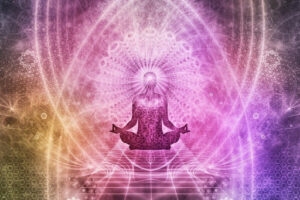“Finding the hidden dimensions in yourself is the only way to fulfill your deepest hunger,” writes bestselling author Deepak Chopra. He is convinced that all the wisdom and guidance we need for the arduous journey of life is already present within: all we have to do is tap into this reservoir of truth. What does he mean by this? Chopra delineates a few principles: Your awareness is always open to change. You feel acceptance for all others as your equal. You feel a sense of connection with your source. Your being is cradled in the rhythms of the universe.
Recent Posts
10 Physical Symptoms Of Spiritual Awakening And How To Recognise Them
Have you ever felt like something’s shifting inside you? The kind of...
The LLP Path To Living Consciously – Part 3
Note: If you accidentally landed up here, I suggest you start by...
Dream Interpretation – The Spiritual Dream Symbols You Should Know About
As someone who researches seeking happiness through spirituality, I started having dreams...
From the Heart of a Mystic: 50+ Rumi Quotes on Love to Inspire and Heal
UEF’s key insight is “To flourish is to Love, Learn, and Play”. ...





